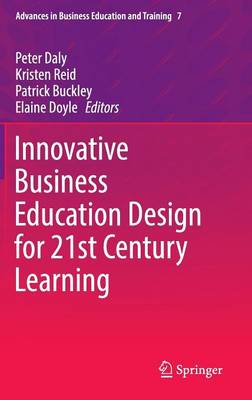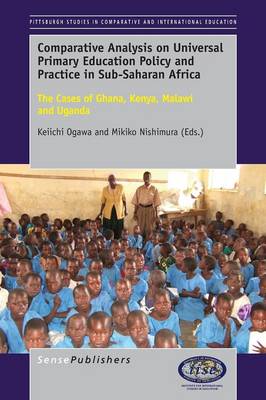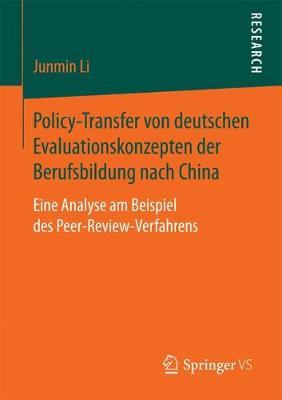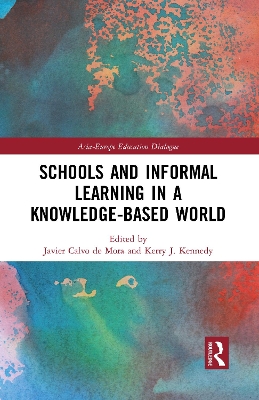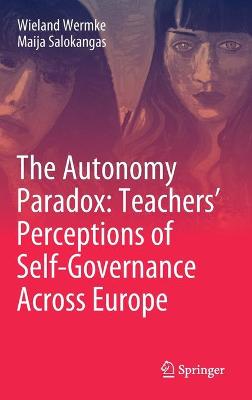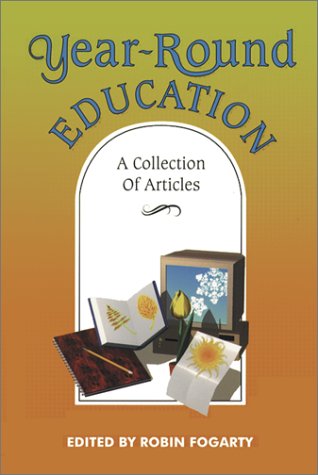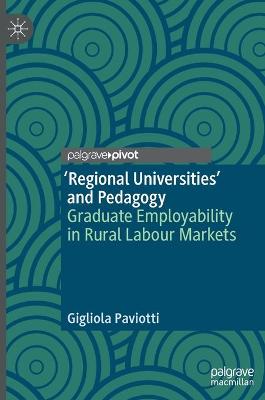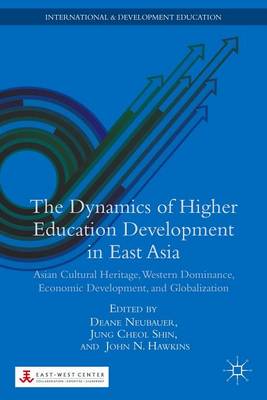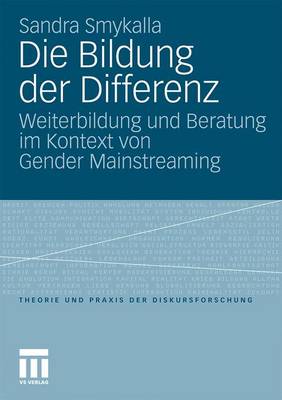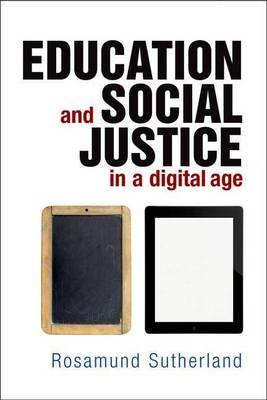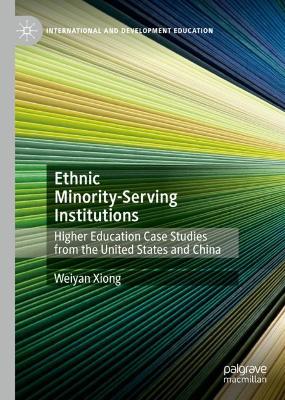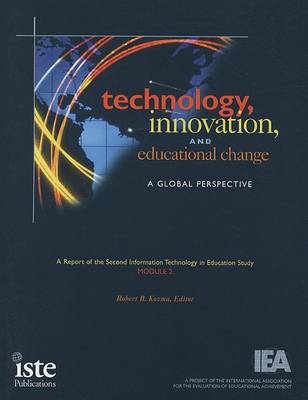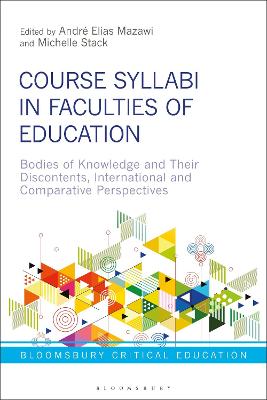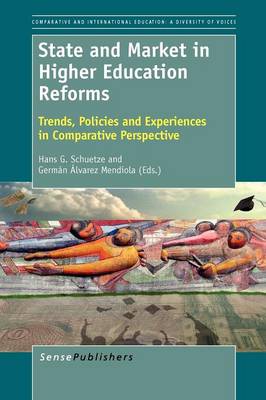This volume explores two aspects of change within higher education: macro factors governing and influencing the institutional environment, and micro issues taking place within the institutions themselves. The first part of the book examines some of the micro issues that influence business and economics pedagogy. It presents reflections and analyses of teaching roles and values, the enhancement of the student learning experience with technology and real world experiences, and what students want a...
The American ideal has exercised a powerful influence over English educational policy over the last two centuries, even as it has itself changed. Today the very size of America enables it to rehearse problems we shall meet tomorrow. This volume answers key questions for education, as relevant now as they were when it was originally published: Is there an optimal size and a maximal use of a school? Are there adequately sophisticated batteries of attainment tests? Or valid methods of vocational gu...
Policy-Transfer Von Deutschen Evaluationskonzepten Der Berufsbildung Nach China
by Junmin Li
Schools and Informal Learning in a Knowledge-Based World (Asia-Europe Education Dialogue)
This book has two purposes: To open up the debate on the role of informal education in schooling systems and to suggest the kind of school organizational environment that can best facilitate the recognition of informal learning. Successive chapters explore what is often seen as a duality between informal and formal learning. This duality is particularly so because education systems expend so much time and effort in certifying formal knowledge often expressed in school subjects reflecting academi...
Armenia (World Bank Technical Paper: Europe & Central Asia Poverty Reduction & Economic Management)
by Yemtsov Ruslan, Gillian Perkins, and Ruslan Yemtsov
This book compares the recent evolution of the structure of inputs and expenditure in Armenia's general education with international norms and practice. In the context of the government's sectoral reform strategy, it also outlines various proposals for restructuring the system. The study clarifies what inefficiencies might mean for future costs and performance of the system, highlights the trade-offs involved, and identifies measures needed to overcome constraints to rationalization.
The Autonomy Paradox: Teachers' Perceptions of Self-Governance Across Europe
by Wieland Wermke and Maija Salokangas
What do we mean when we speak about teacher autonomy? How free are teachers to go about their work? To answer these complex questions the authors asked thousands of teachers in four national contexts: in Finland, Ireland, Germany and Sweden, what they think autonomy looks like. The resulting book examines teacher autonomy theoretically and empirically, comparing teachers' perceptions of their professional autonomy. Utilizing a mixed method approach the authors combine data from a large-scale...
This book explores the issue of graduate employability in rural labour markets. European higher education institutions are expected to be crucial players in terms of regional innovation, contributing through research, education and formation of human capital. The author asks how this role be played out equally in urban and rural areas. In rural areas, the most educated young members of society often find it impossible to contribute to the local economy and feel forced to seek better prospects in...
Boys and Girls Learn Differently! a Guide for Teachers and Parents
by Michael Gurian
A thoroughly revised edition of the classic resource for understanding gender differences in the classroom In this profoundly significant book, author Michael Gurian has revised and updated his groundbreaking book that clearly demonstrated how the distinction in hard-wiring and socialized gender differences affects how boys and girls learn. Gurian presents a proven method to educate our children based on brain science, neurological development, and chemical and hormonal disparities. The innovat...
In many countries the school curriculum oscillates between focusing on traditional subjects and focusing on skills that are linked to the needs of the 21st-century digital age. Rosamund Sutherland argues against such a skills-based curriculum, maintaining that, from a social justice perspective, the priority of schools should be to give young people access to the knowledge that they are not likely to learn outside school. She draws on the work of Michael Young, Lev Vygotsky, Amartya Sen and Da...
Ethnic Minority-Serving Institutions (International and Development Education)
by Weiyan Xiong
This book presents a comparative study of the history and development of indigenous and ethnic higher education in the US and China. The author focuses on institutions serving American Indians and Alaska Natives (AIANs) and Chinese Ethnic Minorities (CEMs), such as Tribal Colleges and Universities (TCUs) in the US and Ethnic Minority Serving Institutions (EMSIs) in China. Chapters center voices within indigenous and ethnic education, including experts, senior administrators, and faculty member...
Early Childhood Care and Education
by Professor Edward Melhuish and Konstantinos Petrogiannis
Throughout the world the number of working mothers with young children has continued to grow. This has important consequences for social policy decisions, particularly in the fields of parental leave, childcare and pre-school services provision. Some countries are far more successful at combining high quality early childhood services with high percentages of mothers in employment, whereas others continue to struggle. This edited volume examines the ways in which different countries across the w...
Course Syllabi in Faculties of Education (Bloomsbury Critical Education)
Course Syllabi in Faculties of Education problematizes one of the least researched phenomena in teacher education, the design of course syllabi, using critical and decolonial approaches. This book looks at the struggles that scholars, policy makers, and educators from a diverse range of countries including Australia, Canada, India, Iran, Palestine, Qatar, Saudi Arabia, the USA, and Zambia face as they design course syllabi in higher education settings. The chapter authors argue that course sylla...
